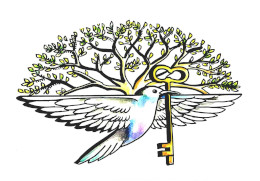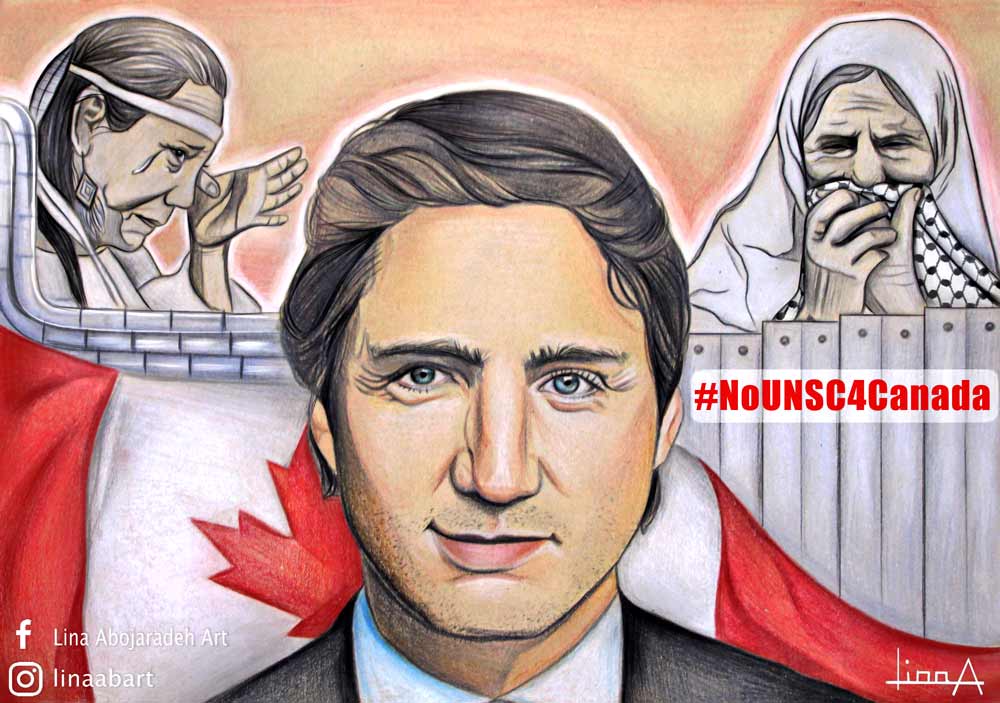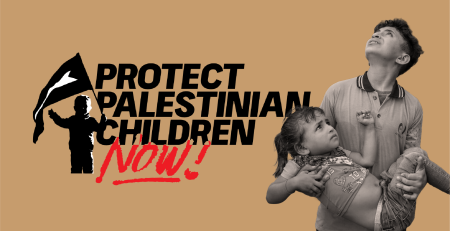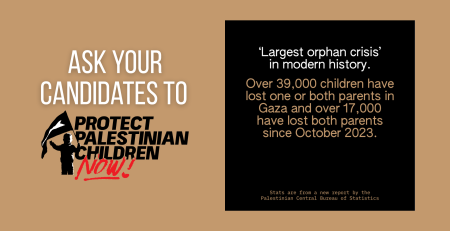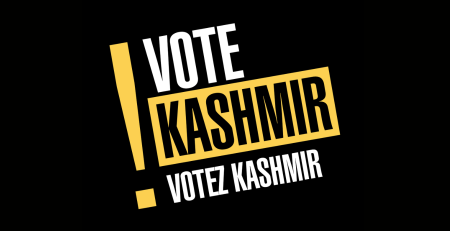For the fourth consecutive year, the Canadian government has cast its orphan “yes” vote for Palestine at the United Nations. Access request suggests this shift in 2019 was part of strategy for 2020 UNSC bid.
Breaking from its pattern of voting against self-determination for the Palestinian people, Canada on November 17, 2022, again cast its vote in support of A/C.3/77/L.50 at the United Nations Social, Humanitarian & Cultural Issues (Third Committee) which reads:
Affirming the right of all States in the region to live in peace within secure and
internationally recognized borders,
1. Reaffirms the right of the Palestinian people to self-determination,
including the right to their independent State of Palestine;
2. Urges all States and the specialized agencies and organizations of the
United Nations system to continue to support and assist the Palestinian people in the
early realization of their right to self-determination.
The vote passed with 167 member states supporting, 5 not and 7 abstaining.
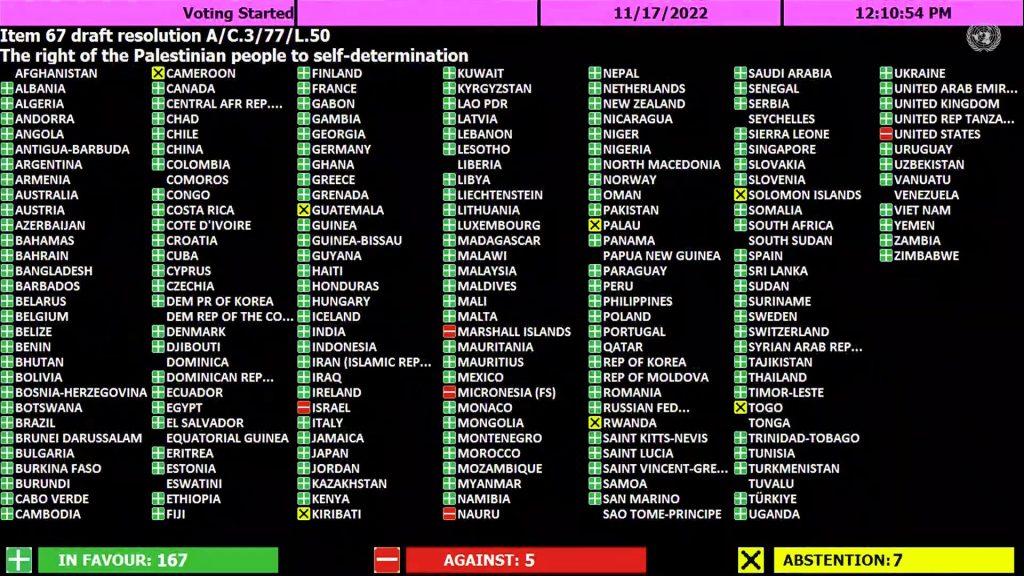
A recent access to information was received by Just Peace Advocates that reveals information regarding Canada’s change of heart to vote yes in 2019, after having last voted yes to this motion in 2005.
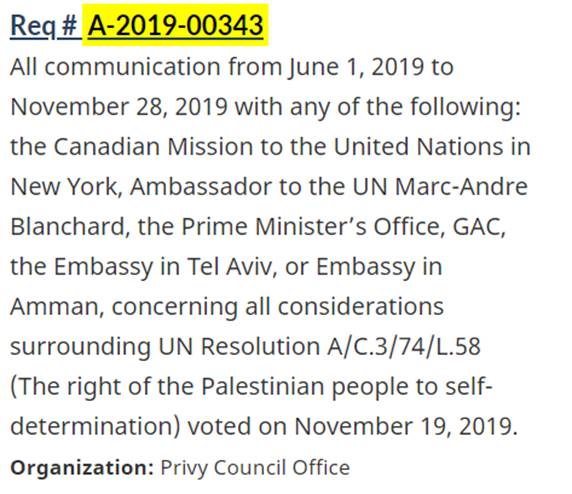
This ATIP (Access to Information and Privacy Protection) was obtained through the federal government’s open data process whereby requests made by others are available for request.
This request for this already released ATIP was made on February 22, 2022, by Just Peace Advocates, but only received on November 16, 2022, the day before Canada affirmed the resolution for Palestinian self-determination. This does leave one to wonder why it took almost 9 months to send a request that was already released.
The 87 pages were heavily redacted; however, the information provided does point to Canada’s deliberation regarding the decision to support the resolution in 2019, and the apparent objective being an attempt to position itself for its bid for the UNSC seat in June 2020.
Indication was that “UN74 is the last opportunity to change its voting pattern before the UN…” The acronym UN was partially redacted, leaving one to wonder was this UNSC.
The release also indicates “as such it is an appropriate moment.” Would this be related to the UNSC bid? Or what else was making it an appropriate moment for Canada to follow its own policy on this one vote. With the heavy redaction we are left to wonder.
The release does show that analysis was undertaken on other resolutions, and the release included that “a number of resolutions are consistent with Canada’s position on the Israeli-Palestinian conflict and align with Canada’s interests, policies and values including Canada’s support for international and the rules-based international order.” Later records indicated that “a number of the resolutions are consistent with Canada’s position on the Israeli-Palestinian conflict.” Despite this admission there was still much correspondence and briefing material (most redacted) considering if the self-determination resolution warranted Canada’s support.
In this analysis, the release indicated that “unlike Security Council resolutions, General Assembly resolutions are not legally binding for member states. However, they have important symbolic value for each side.” Thus “Canada’s voting patter at the UNGA would signal that Canada recognizes the concerns of both sides of the Israeli-Palestinian conflict…and would bring our voting record more in line with our existing policy.”
Analysis indicated that “a two-state solution is under threat and with it the fundamental principles of rules-based international order and international law that underpinned the international communities support for the two-state solution through the Middle East Peace Process.” It then referenced that “security and humanitarian conditions in the Gaza Strip as well as concerns on the financial stability of the PA contributes to the instability on the ground.”
Advice included the timing of the forming of the new Trudeau liberal cabinet, the likely timing for shadow cabinet and critics to be named, and the brief sitting period of parliament expected before the holiday break. It indicated that regardless of whether parliament was sitting that “Canada’s position to Israel, the West Bank and Gaza” do “garner significant media (international and domestic) interest” and that “Canada’s voting has been scrutinized by the Canadian media and by Jewish and Palestinian media community in Canada.” Thus a “reactive response” was recommended.
In explaining the Resolution, the request says it “seeks to reaffirm the Palestinian rights to self-determination and urges all states and specialized agencies and organizations of the UN to continue to support and assist the Palestinian people in the early realization of their right to self-determination.”
In explaining Canada’s vote, the message was that
“Canada is strongly committed to the goal of a comprehensive, just and lasting peace in the Middle East, including the creation of a Palestinian state living side-by-side in peace and security with Israel. Canada’s vote today is a reflection of this long standing commitment.
Canada voted in support of this resolution as it addresses the core issue of the Israeli-Palestinian conflict. Canada strongly supports the international consensus on a two-state solution, so both sides can have a secure and prosperous future.
Canada would also like to strongly reiterate our stated position and concern that there are too many resolutions related to the Israeli-Palestinian conflict, a situation which unfairly singles out Israel for criticism. We would prefer to see the international community channel its efforts towards helping both sides resume direct negotiations and work towards achieving a lasting peace for both parties.”
In reviewing the response several days later, mention was made of CIJA’s condemnation and disappointment, along with UN Watch executive director saying, “Trudeau is trading Canada’s bedrock principles of fairness and equality for a UN Security Council seat.” It also noted the CJPME had indicated “this is a long overdue step and entirely consistent with the government’s support for a two-state solution.” The Israeli diplomatic response insisting on anonymity due to the sensitive nature was “Israel and Canada are friends, and our relations are close and strong. We hope it will continue this way.” It also made reference to leader Andrew Scheer’s tweet saying, “it is appalling that the Liberal government supported an anti-Israel motion.”
Canada had voted in support of self-determination for the Palestinian people from 2001 to 2005, but then returned to its stance abstaining from 2006 to 2010, reversing its vote to support in 2019. However, historically Canada has most often negated self-determination for the Palestinian people through its voting at the UN.
Thus to suggest Canada has consistently supported self-determination until the Conservative Harper years, and now is back on board with the Trudeau Liberals through its one rogue 2019 vote sustained now for four years, would be very misguided.
To suggest Canada did not take a pro-Israel stance even in the early days of the “Palestine Question” at the United Nations, would seem naïve, based on lack of Canada’s willingness to stand with implementation of even the most basic rights related to right of return and refugee rights, or the international status of Jerusalem (Al-Quds) in these 1949 UN votes.
In 1950, Canada voted against funding towards the international regime around Jerusalem, and in 1957 Canada abstained in a vote supporting funding for UNRWA. In 1961, again Canada abstained in regard to a resolution calling for addressing right of return including repatriation of refugees
By 1969, Canada has clearly shifted away from support of the inalienable rights of Palestinians,voting ‘no’ to Resolution 2535 (XXIV)(B) which supported previous Resolutions for “relieving the plight of the displaced persons and the refugees, reaffirm[ed] the inalienable rights of the people of Palestine,” and drew “the attention of the Security Council to the grave situation resulting from Israeli policies and practices in the occupied territories and Israel’s refusal” to address United Nations resolutions
In 1971, Canada’s added a no vote Resolution 2792(XXVI) which recognized “that the people of Palestine are entitled to equal rights and self-determination, in accordance with the Charter of the United Nations;” and expressed “grave concern that the people of Palestine have not been permitted to enjoy their inalienable rights and to exercise their right to self-determination.” The resolution declared “that full respect for the inalienable rights of the people of Palestine is an indispensable element in the establishment of a just and lasting peace in the Middle East.”
In 1972, Canada abstained from the first UN vote specifically calling for the “Right of peoples to self-determination.” Civil society was very aware of this, as was demonstrated by the United Church of Canada’s General Council meeting in Saskatoon in 1972 which called for a change in Canada’s voting at the United Nations. In 1973, when the United Church of Canada signed a friendship agreement with B’nai Brith, there was shock that there was no mention of right of return, and concern that the United Church of Canada has abandoned the refugee situation. Clearly the narrative internationally, and in member states such as Canada were shifting, with much focus on the occupation, and away from the plight of refugees and their right of return.
While not explicit from the heavily redacted ATIP, the information would certainly point to tactical voting related to self-determination. Four years later, perhaps Canada does not wish to reverse this vote risking that it will reveal the original reason for this shift. The vote regardless is positioned carefully to ensure the status quo, and the optics of two sides, negating a military occupation that violates the Fourth Geneva Convention, and Canada’s responsibility under Article 1 of the Convention to uphold the Convention.
Perhaps more information on the ongoing stance on this vote will be revealed through subsequent access requests.
You can read more about Canada’s historic voting at the UN since 1948 HERE.
